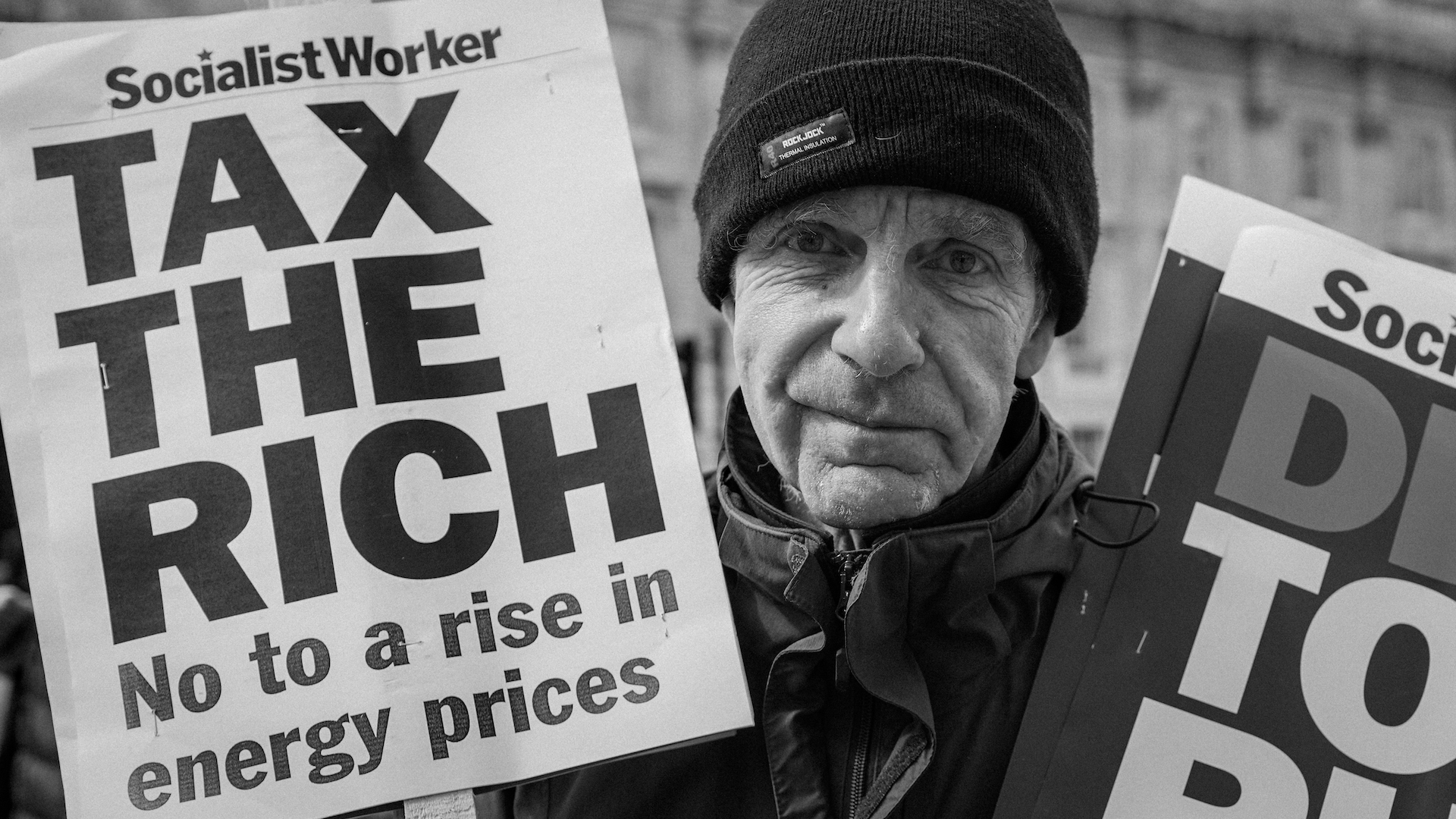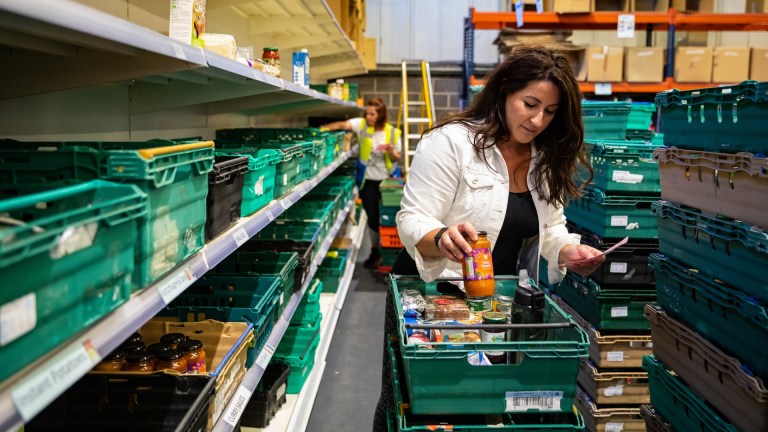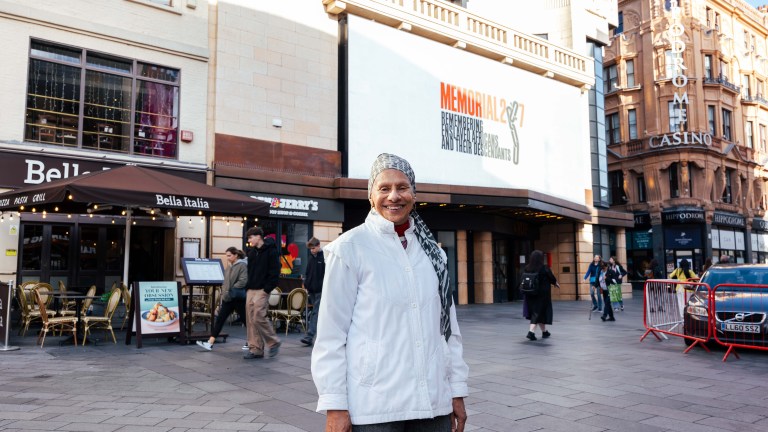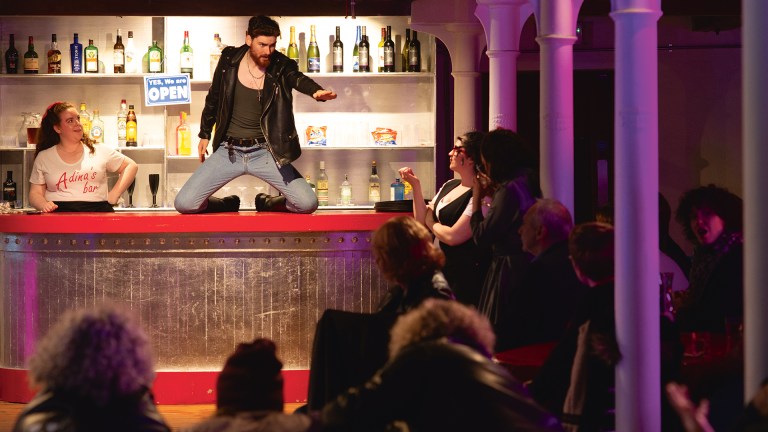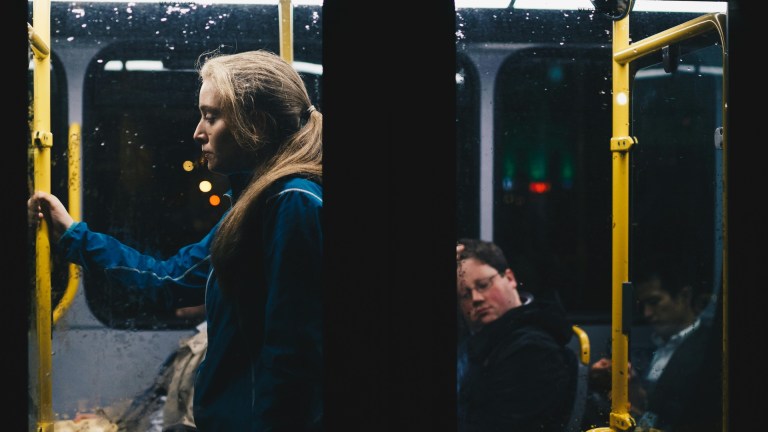“The epidemic here isn’t COVID, the epidemic is poverty” was a line that has stuck with us ever since we interviewed the organiser of a mutual aid network in Burnley.
As he told me of all the difficulties that people faced during the pandemic in obtaining food – because they were isolating, were furloughed, were laid off or simply were too afraid to leave the house – it became clear that these difficulties were nothing new.
In one of the most deprived regions of the country poverty has become a way of life, particularly since austerity measures were introduced in 2010 under the coalition government. It is so normalised in ‘Food Bank Britain’ that the kinds of practices that were seen as invaluable to many people surviving the Covid-19 pandemic – for example, mutual aid and neighbourhood food delivery schemes, support networks and the rest – were there before, and have continued since. As real-term wages continue to drop, even full-time employment is not enough to stop people needing to use food banks and other charity and welfare support services. And as the worst cost of living crisis of a generation begins to bite, our research – showcased in the Manifesto for Mutual Aid – has shown that mutual aid is needed more than ever and not just for crisis times.
The mutual aid practices that exploded during the pandemic in the UK have been well documented, and they should be celebrated. But they were grassroots organising in lieu of poor government response and they should not be used as a fallback for a failing State in a time of acute need. A society based fully on mutual aid is one that is often envisioned by anarchist utopias, and is deliberately critical of capitalist versions of charity that serve to maintain the status quo. But in the very real (and some would argue quite dystopian) here and now, under a government that has enabled and encouraged an increasing gap between rich and poor, mutual aid is often used as a means to withdraw state help even further. Indeed, the Conservative MP Danny Kruger penned a government report that focused on ‘Levelling Up’ communities entitled ‘The New Social Covenant’. In it, the term ‘mutual aid’ appears ten times, but in the context of volunteers, charities and those who gave up their time to help those in need: nowhere in it does the distinctly anarchist tendencies of mutual aid (and its distinct rejection of deeply capitalist notions of charity) appear. Whilst such myopia is to be expected in a report written by a Conservative politician, it does evidence a creeping appropriation of the term to account for activities that can substitute for State services (and hence justify further cuts).
So what is to be done? What lessons can be drawn from the pandemic to transpose onto into the future of further entrenched poverty? The first is to reclaim the radical action of mutual aid: to reignite its qualities of questioning and challenging state-level structures of injustice. Mutual aid in the US, stemming as it has from Black and anti-racist emancipatory action, has a far more critical edge that blends mutual support with activist practice. Mutual aid groups feed and clothe the poor but, at the same time, attack the capitalist structures that have made them destitute in the first place. In the UK, there are growing examples of such radical mutual aid action, with most using the slogan ‘solidarity, not charity’, arising in London, Burnley, Newcastle and many other groups (see our Manifesto).
Second, local governments have an important role to play. One of the key needs is a space to operate from. Many groups and mutual aid activities massively benefit from a church hall, vacant shop, scout hut or anywhere that has basic amenities (and ideally a kitchen). With the current decline of the High Street, many local councils are using space laws to allow groups to use vacant lots at peppercorn rates. This is important, and needs to be extended beyond the 6 or 12 months they currently stand at. Mutual aid group need years, not months, to plan a fund-raising strategy, to train and to recruit volunteers if they are to sustain their vital work. Spaces can also operate as community hubs of general wellbeing, financial and legal support, particularly on the High Street. Councils also have a role to play in providing free DBS checks, food hygiene training and payment for mutual aid liaison (which would help foster a trusting relationship). Of course, none of this is easy in a national policy environment of local council cuts. But by prioritising the support for mutual aid groups to be more ‘mutual’, the benefit to the community in terms of emotional engagement, increases in wellbeing, skills training and High Street vitality are totally worth the investment: this is how ‘levelling up’ can truly be done.
